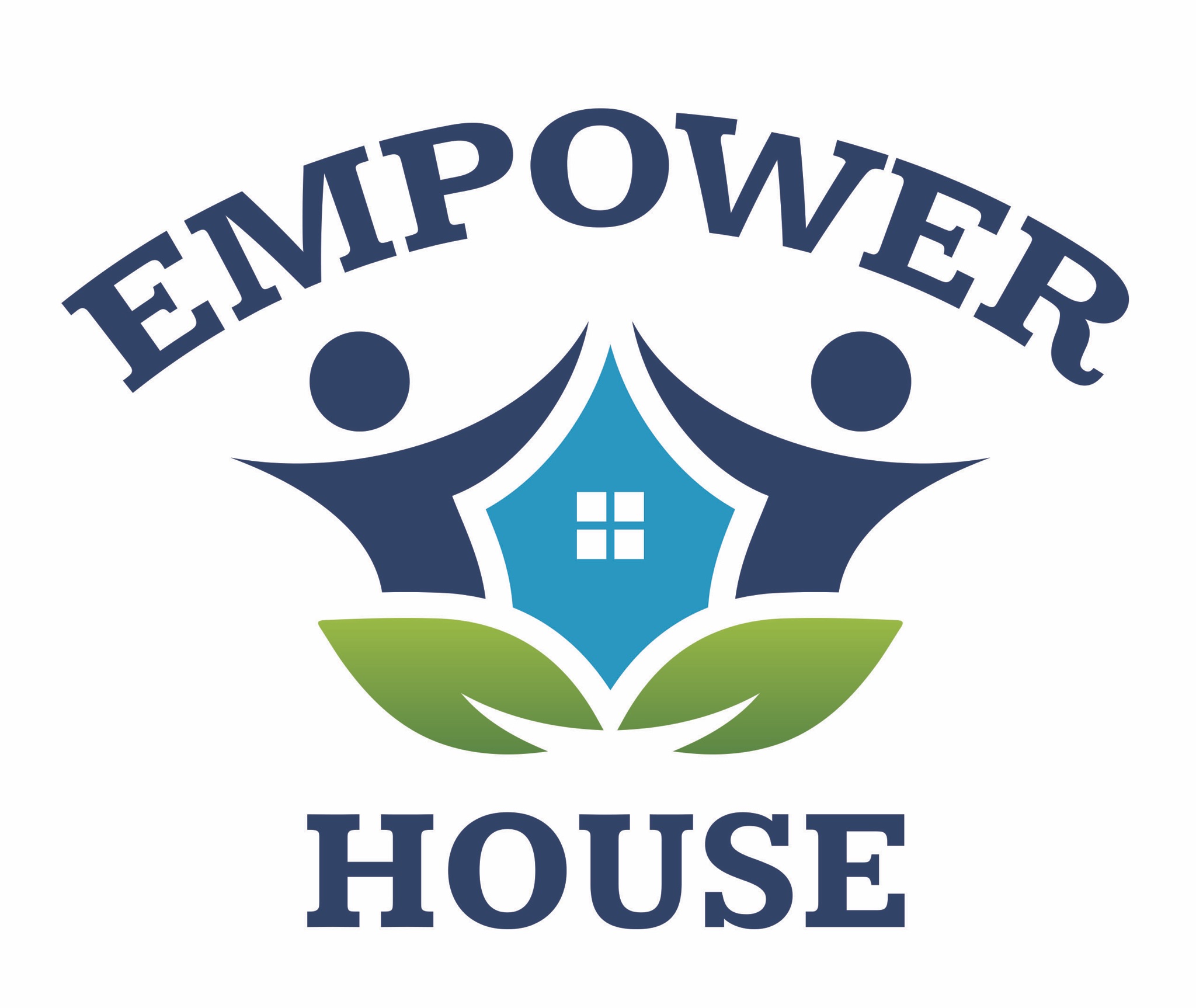
Donations can be sent via mail to:
Empower House QCA
131 W 2nd St., Suite 305
Davenport, IA 52801
Checks can be made out to: Empower House QCA
Venmo: @empowerhouseqca
To donate supplies, please contact us and let us know what you would like to donate.
Thank you to our 2023-2024 community partners!
Why invest your time or money to the Clubhouse?
Economic Issue:
The Clubhouse model is NOT the medical model and it costs less to attend the Clubhouse for 1 year than a 2-day to 1-week hospital stay. The estimated cost of strokes in the US is $53.9 billion in 2010 (World Health Organization, 2002). It is not only the initial cost of the hospitalization and therapy but also the lost productivity and income these survivors suffer from after this injury.
Population Health Issue:
Brain injury is a chronic condition. However, it has not historically been recognized amongst the common “chronic conditions.” The World Health Organization defines chronic disease as, “permanent, irreversible, leaving disability, caused by a non-reversible pathological alteration of an organ system. Requiring specialized training for the patient, where the patient may require a long period of supervision, observation or care for the duration of their lifespan.” (WHO, 2002). Acquired brain injury is a chronic condition and is most often not being treated as so.
Mental Health Issue:
People with disabilities experience inequalities; for example, barriers to education, political awareness, or participation because of their disability. They often have co-existing mental health disabilities, with anxiety and depression being the most prevalent. Empower House is a community group that improves mental health outcomes by connecting people with disabilities and their families with similar experiences. By coming together, they are forming a peer relationship in the Clubhouse that encourages participating in their community and health-promoting activities (WHO, 2002), which in turn improves confidence and mental health.
Social exclusion:
Many people with disabilities experience disempowerment both in their family and in the community. They are often strongly supported by their family and over-protected, where family members do most things for them. They may be rejected or excluded in the community because of stigma and discrimination. This means people with disabilities have very limited opportunities and choice. Negative attitudes and low expectations lead people with disabilities to feel disempowered- to feel unable to do anything or change their own lives, to feel worthless and incapable, and to have low self image and low self esteem. (WHO, 2002).




